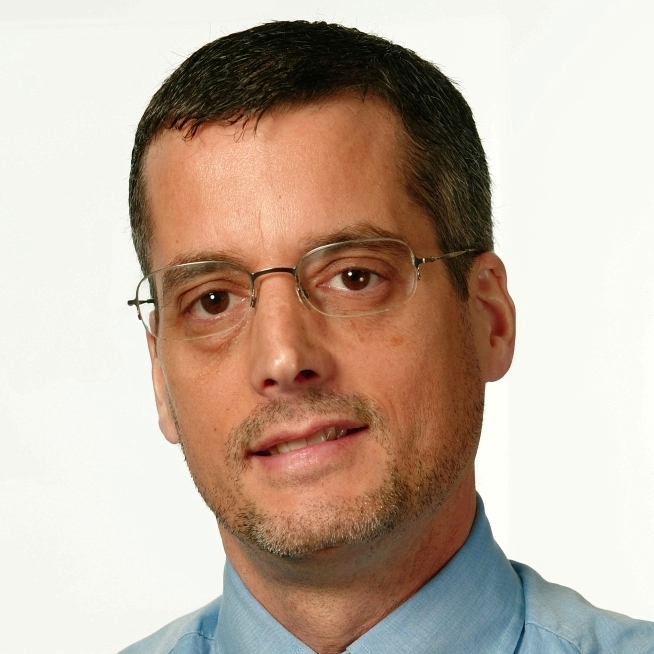
Jeffrey Rowland
Director, Global Operational Partnerships, Gavi
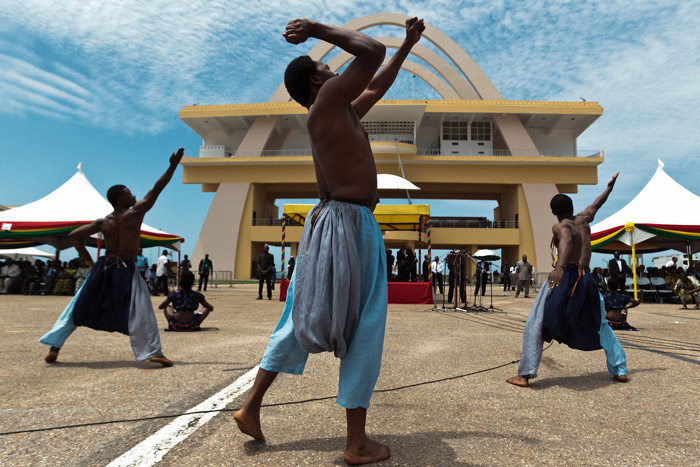
Accra, Ghana - 26 April 2012
Under the sweltering sun in Accra’s immense Independence Square, hundreds of Ghanaian mothers and their newborn babies gathered this morning with the country’s First Lady, Ministry of Health officials, my boss GAVI Alliance CEO Seth Berkley and international partners and donors to celebrate the nationwide introduction of vaccines that protect against the biggest causes of pneumonia and severe diarrhoea.
A sea breeze from the Bay of Guinea and brightly festooned tents provided respite to the crowd, which included tribal chiefs and queens colourfully clad in traditional dress.
After the playing of the national anthem and a purposeful pause, a prayer served as a poignant moment of reflection for all those in attendance who have worked so hard to make today a reality.
Dark and noisy ward
Just the day before, some of us had visited mothers and infants in a small, dark and noisy ward at the Princess Marie Louise Children’s Hospital in the capital’s teeming and rundown central business district.
In the 87-bed clinic built in 1925 – and seemingly not refurbished since the 1960s – we met with mothers in a bunker-like ward where they sit all day beside ill babies, most of whom suffer from pneumonia, diarrhoea, malaria, malnutrition or other ailments.
Eleven-month-old Jedidiah was doing pretty well, after laying for six days in an old steel-frame bed receiving treatment for severe diarrhoea. His mother, Mantebea, said she was thankful he was feeling better and hoped he would be released soon. Without any insurance, Mantebea is spending more than 20 Ghanian cedi a day - equivalent to a little more than US $10 - to pay for his medical treatment. This is a fortune for any poor Ghanaian.
Heart-wrenching
Many ill children in Ghana don’t get better. Malaria is the biggest killer. But pneumonia and diarrhoea follow close behind.
Doctors told us they lose about one child day to the effects of diarrhoea and even more to pneumonia and other lung ailments – more than 60 children in any given month. A heart-wrenching visit to the emergency room where a tiny infant gasped for breath, literally fighting for his life, brought this tragedy home.
All of that is expected to change today. After the speeches are done, the banners taken down and the band packs up, Ghana’s ministry of health, its doctors, nurses and local health staff will get to work vaccinating thousands of babies against the main causes of these two terrible diseases.
If successful, the country could save 14,000 lives and avert 1.4 million cases of pneumonia, diarrhoea and meningitis.
Impressive track record
This is something to celebrate for sure. And all the more reason because Ghana will probably pull it off. Its track record in immunisation is impressive.
The country already has a routine immunisation coverage rate of over 90% – higher than in many richer countries. A death from measles has not occurred since 2003 and polio has been eradicated. With the launch of two new vaccines today, there is huge hope that the country will achieve yet another leap forward.
Aside from saving young lives, the benefits could be massive. It is estimated that by simply implementing these new vaccines, the Ghanaian economy could avoid US$ 315 million in treatment, lost wages and lost productivity between now and 2020.
Historic moment
I wouldn’t have missed today for the world. A “historic moment in global health” as some call it, is not an overstatement.
Sure, there is still ground to cover. Malaria is still the biggest killer among Ghanaian children and too many mothers die in childbirth. But Ghana represents so much that is going right in health.
As the USAID representative Cheryl Anderson said in her speech: “Big change is possible.” It sure is, and Ghana is proving that today.
Although little Jedidiah in his hospital bed across town is unaware of the positive impact today could have on his life, that is not missed by any of the mothers attending today’s ceremony. “I want these vaccines for babies,” said one mother with week-old twins, “so someday they can become great leaders.”
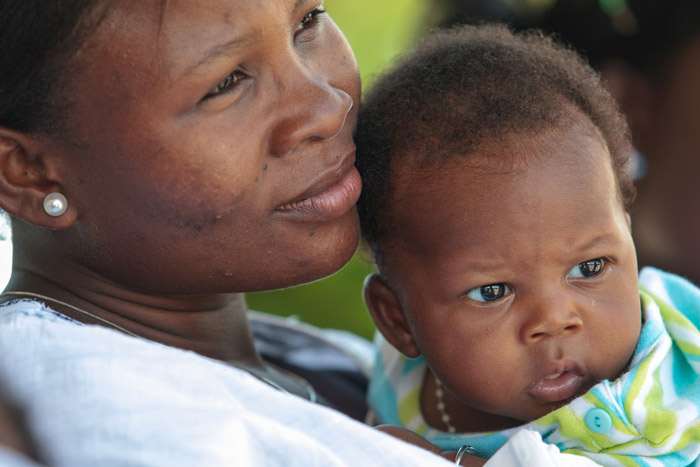
Pictures taken in Accra’s Independence Square today give a flavour of what the introduction of pneumocccal and rotavirus vaccines means for Ghana

Accra's Independence Sq staged the event.
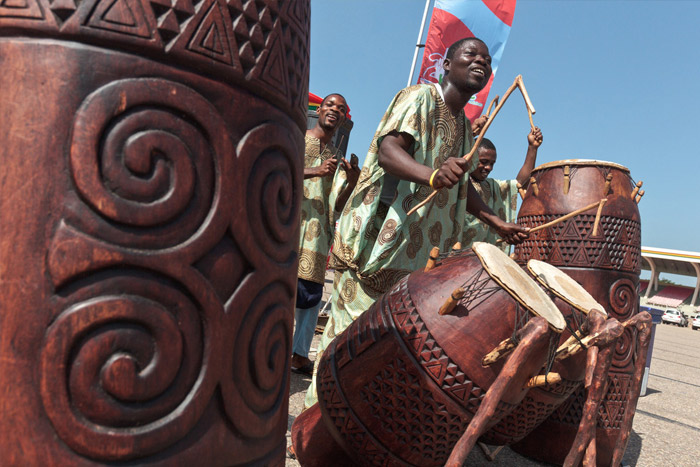
Drummers entertain vast crowds.
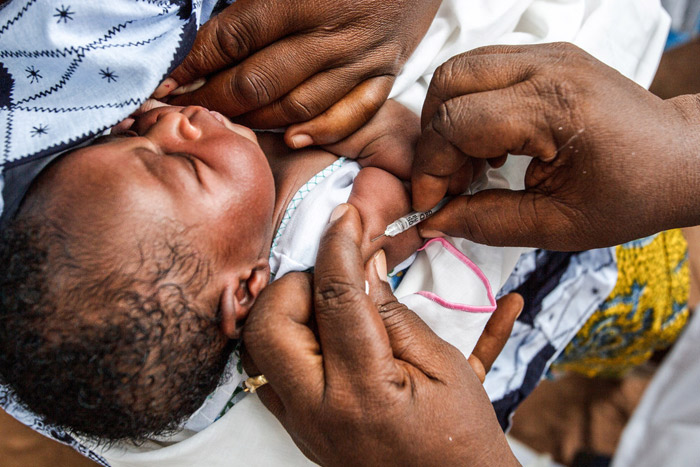
Tribal chiefs arrive at the ceremony.
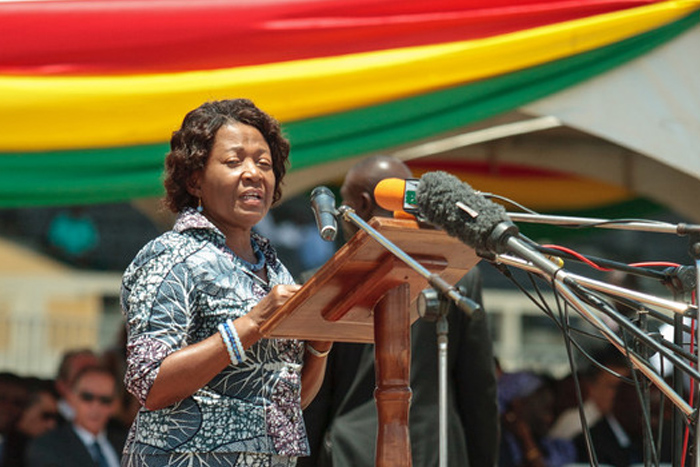
Ghana's First Lady delivers key speech.

Mums & babies: true stars of the show.
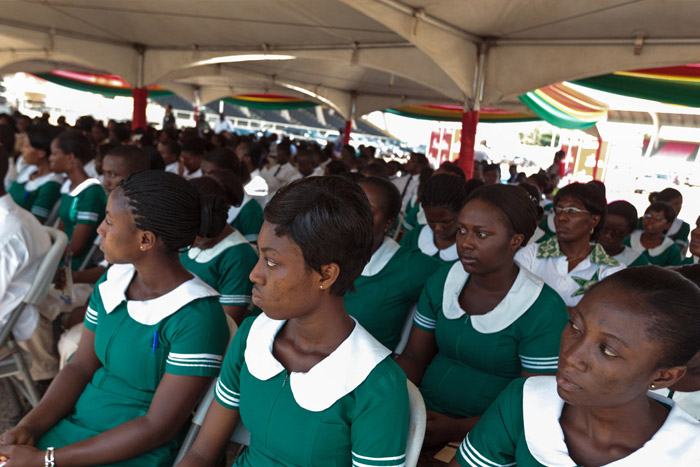
Ghana's vaccine heroes: the nurses.
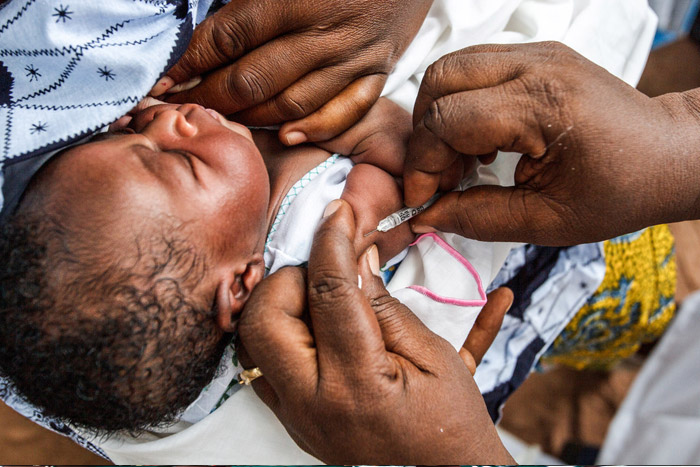
One of Ghana's first pneumococcal jabs.
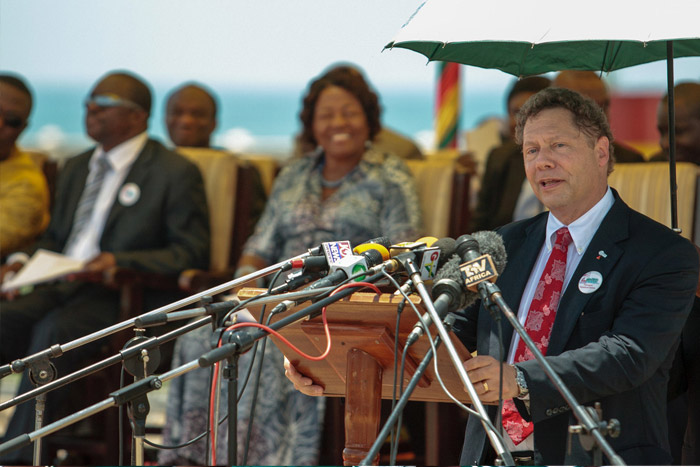
Gavi CEO Dr. Seth Berkley addresses crowd.
Pictures taken in Accra’s Independence Square today give a flavour of what the introduction of pneumocccal and rotavirus vaccines means for Ghana: from the nation’s First Lady H.E. Dr. Ernestina Naadu Mills to the mothers and children who at last have a fighting chance of surviving pneumonia and diarrhoea.
The photos were taken for Gavi by Olivier Asselin.
